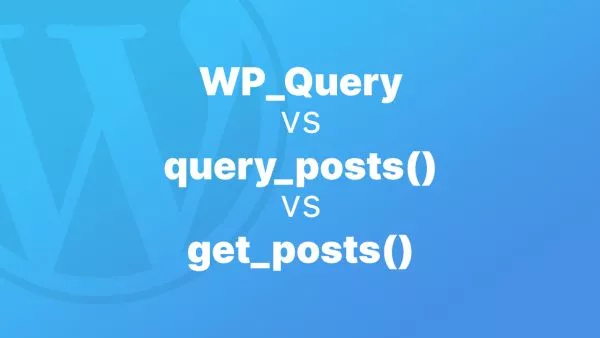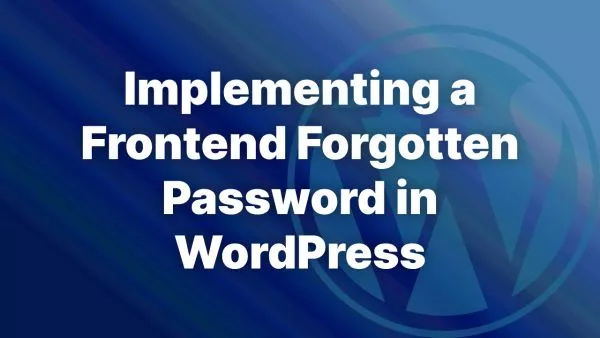Cross-Site Scripting (XSS) attacks are a type of injection, in which malicious scripts are injected into otherwise benign and trusted websites. These scripts are typically written in JavaScript, but other scripting languages are also used. XSS attacks occur when an application includes untrusted data in a new web page without proper validation or escaping.
Types of XSS Attacks
- Stored XSS Attacks: The attacker permanently stores malicious scripts on the target server. Whenever the user accesses the stored information, the script runs. For example, in a comment section of a blog post, an attacker might post a comment that includes a script.
<script> // Malicious JavaScript code here </script>
- Reflected XSS Attacks: The attacker tricks the victim into clicking a link that contains the malicious script. The server includes the script from the URL in the response and sends it to the user's browser to execute.
https://example.com/search?query=<script>// Malicious JavaScript code here</script>
- DOM-based XSS Attacks: The attacker manipulates the Document Object Model (DOM) of a web page, altering its structure. This type of attack usually involves tricking the user into visiting a URL that contains the malicious payload, which manipulates the JavaScript on the loaded page.
https://example.com/#<script>// Malicious JavaScript code here</script>
Preventing XSS Attacks
The best way to prevent XSS attacks is to sanitize all user inputs and outputs. Below are a few steps you can take:
-
Escaping User Input: This involves making potentially harmful input safe. For example, in PHP, you can use the
htmlspecialchars()function:
$user_input = "<script>alert('XSS')</script>";
echo htmlspecialchars($user_input, ENT_QUOTES, 'UTF-8');
-
Validating User Input: This means ensuring the user's input meets specific criteria. For example, if you're expecting a date, you should reject all input that doesn't match a date format.
-
Using HTTP Headers to Restrict Script Execution: The 'Content-Security-Policy' header can be set to disallow inline scripts.
header("Content-Security-Policy: script-src 'self'");
- Using Anti-XSS Libraries: There are several libraries available that can help sanitize user input and output, such as Google's Closure Library for JavaScript or OWASP's Java Encoder for Java.
Cross-site scripting attacks are a serious threat that can lead to stolen user data, damaged user trust, and potential legal issues. However, understanding how XSS attacks work and applying correct prevention techniques will help secure your web applications against these types of attacks.
Interested in proving your knowledge of this topic? Take the PHP Fundamentals certification.
PHP Fundamentals
Covering the required knowledge to create and build web applications in PHP.
$99



